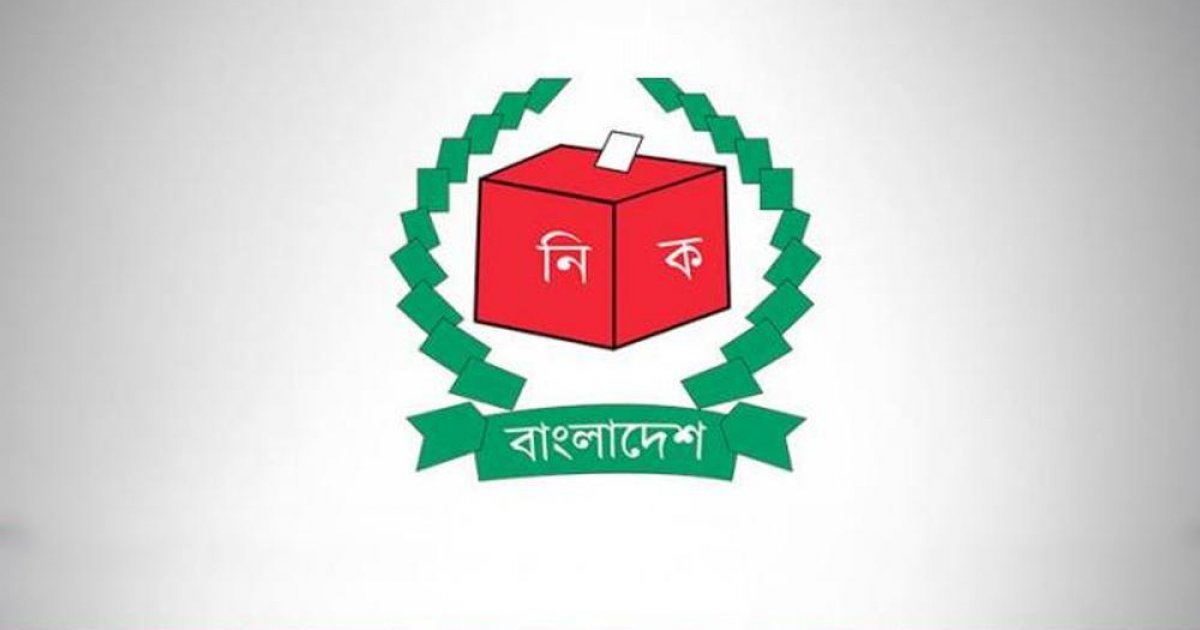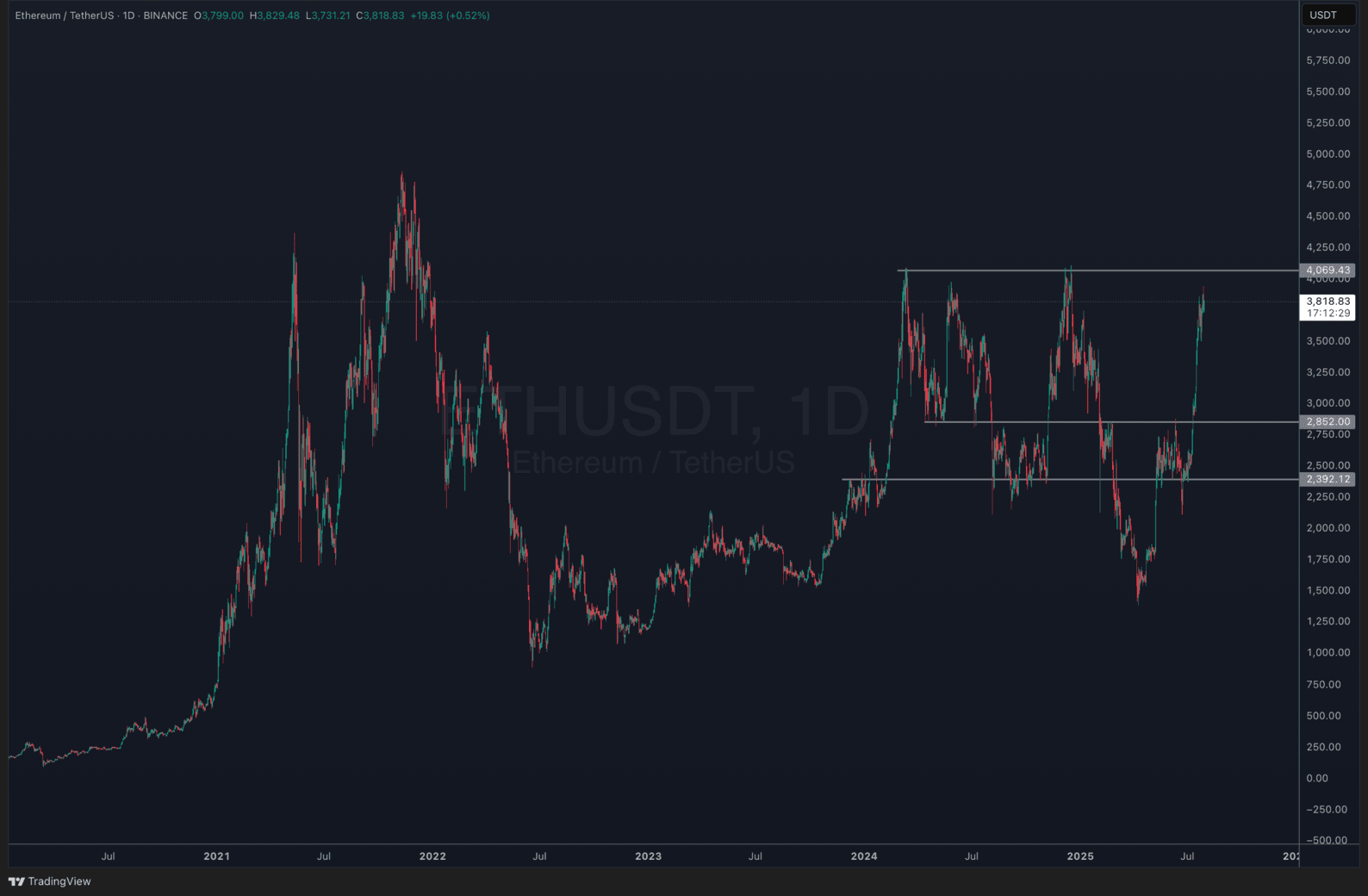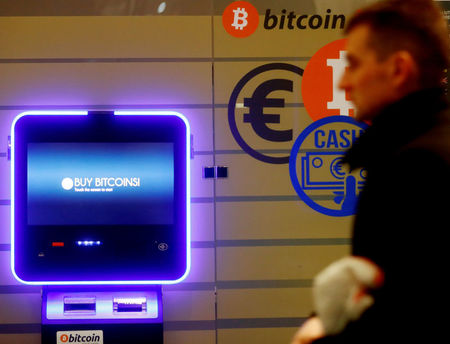Is Brazil about to solve the biggest problem in digital currency?
The post Is Brazil about to solve the biggest problem in digital currency? appeared on BitcoinEthereumNews.com. Roberto Campos Neto, the President of Brazil’s Central Bank, recently elucidated the challenges in harmonizing open networks with privacy features within distributed ledger technology (DLT). At the 2023 Council of the Americas Symposium and BRAVO Business Awards in Miami on Friday, he emphasized that most Central Bank Digital Currencies (CBDCs) are not purely DLT-based but rather a blend. DLT plays a part in the central bank, while a centralized approach governs the external transactions. The essence of DLT platforms is openness. However, Campos Neto raised an important question about striking a balance between the benefits of open networks and the need for privacy. He believes that the industry is on the cusp of solving this dilemma. In his words, “So the question is, how can you have a DLT platform so that you have the benefit of the nodes producing the registration and the contract without affecting the privacy issue?” Additionally, he feels that CBDCs have the potential to revolutionize international transactions without necessitating a common currency. Digital real and programmable money Brazil has been a frontrunner in the digitization of payments. Campos Neto highlighted the meteoric rise of PIX, Brazil’s near-instant, almost-free payment system. On a single day this month, PIX recorded over 170 million transactions. Brazil has also developed its digital real, termed Drex, without undermining traditional banking systems. Moreover, Campos Neto explained that Drex employs a simple, cost-effective tokenization method. These tokens are issued based on deposits, thus inheriting existing regulations for deposits. Consequently, this token-based structure will likely streamline banks’ balance sheets. On another note, Campos Neto touched upon the programmable features of PIX, suggesting that programmable money could overhaul traditional credit card systems in Brazil within the next few years. He expressed optimism about the irreversible trend of asset tokenization, anticipating a future where assets…

The post Is Brazil about to solve the biggest problem in digital currency? appeared on BitcoinEthereumNews.com.
Roberto Campos Neto, the President of Brazil’s Central Bank, recently elucidated the challenges in harmonizing open networks with privacy features within distributed ledger technology (DLT). At the 2023 Council of the Americas Symposium and BRAVO Business Awards in Miami on Friday, he emphasized that most Central Bank Digital Currencies (CBDCs) are not purely DLT-based but rather a blend. DLT plays a part in the central bank, while a centralized approach governs the external transactions. The essence of DLT platforms is openness. However, Campos Neto raised an important question about striking a balance between the benefits of open networks and the need for privacy. He believes that the industry is on the cusp of solving this dilemma. In his words, “So the question is, how can you have a DLT platform so that you have the benefit of the nodes producing the registration and the contract without affecting the privacy issue?” Additionally, he feels that CBDCs have the potential to revolutionize international transactions without necessitating a common currency. Digital real and programmable money Brazil has been a frontrunner in the digitization of payments. Campos Neto highlighted the meteoric rise of PIX, Brazil’s near-instant, almost-free payment system. On a single day this month, PIX recorded over 170 million transactions. Brazil has also developed its digital real, termed Drex, without undermining traditional banking systems. Moreover, Campos Neto explained that Drex employs a simple, cost-effective tokenization method. These tokens are issued based on deposits, thus inheriting existing regulations for deposits. Consequently, this token-based structure will likely streamline banks’ balance sheets. On another note, Campos Neto touched upon the programmable features of PIX, suggesting that programmable money could overhaul traditional credit card systems in Brazil within the next few years. He expressed optimism about the irreversible trend of asset tokenization, anticipating a future where assets…
What's Your Reaction?










































